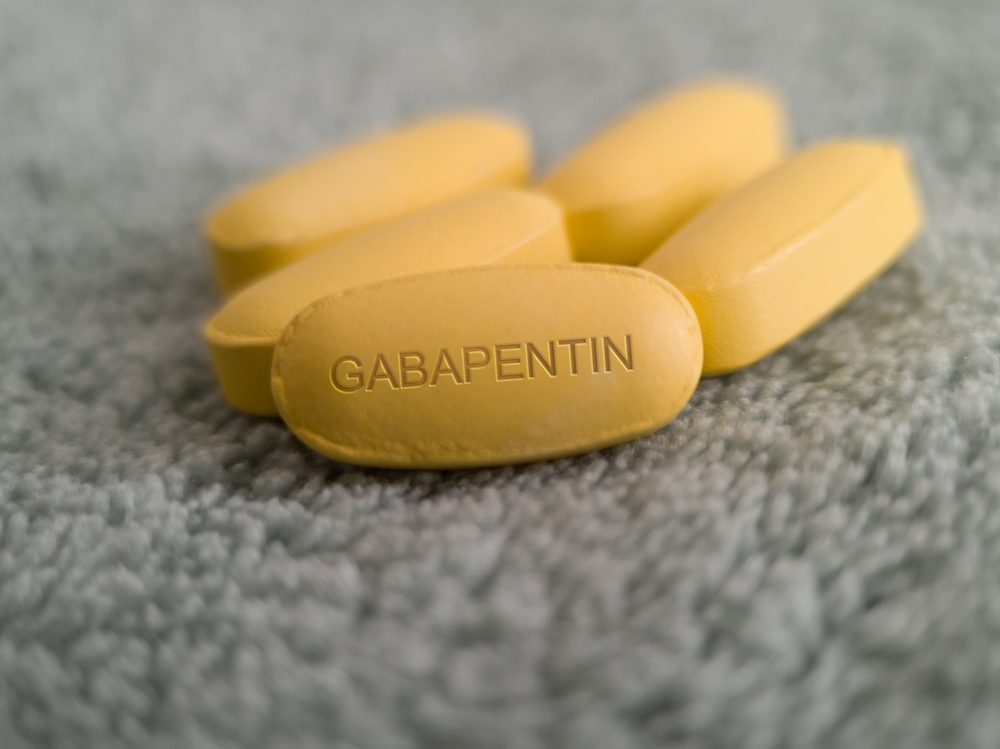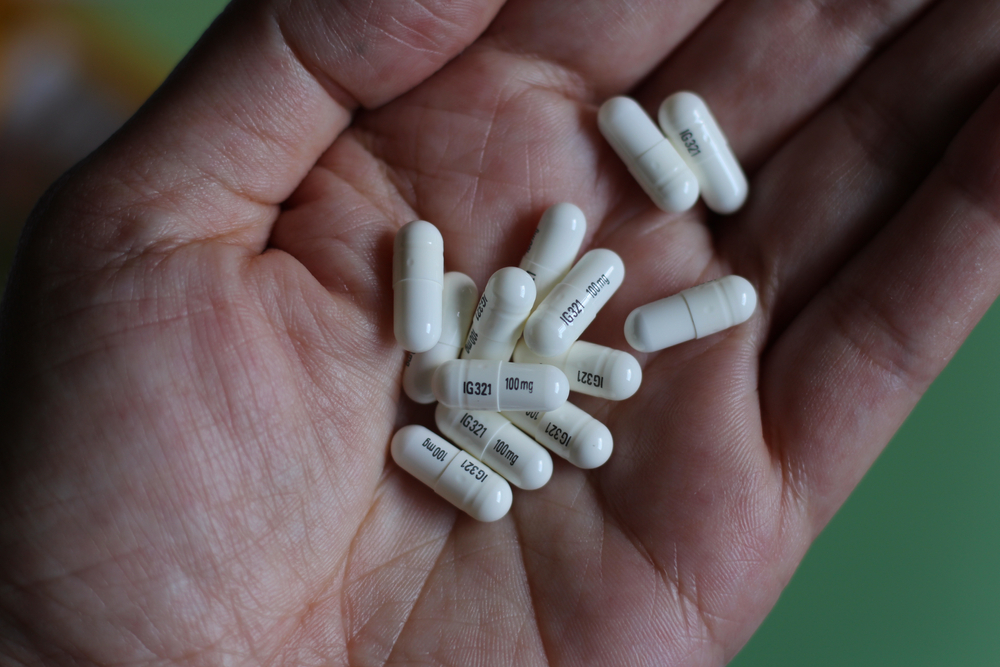Last Updated:
May 16th, 2025
Gabapentin Addiction | Symptoms, Effects and Causes
What is Gabapentin?
Gabapentin is a medication commonly used to treat nerve pain, seizures and, in some cases, anxiety. It belongs to a class of drugs called anticonvulsants, which work by calming overactive nerve signals in the brain. Gabapentin is often prescribed for conditions like neuropathic pain caused by diabetes or shingles and can also help manage epilepsy by reducing the frequency of seizures.
While Gabapentin can be highly effective, it’s essential to use it cautiously, even when prescribed. Misuse or prolonged use can lead to dependence, and some people may experience withdrawal symptoms if they stop taking it suddenly.

What makes Gabapentin addictive?
Gabapentin can become addictive because of the way it interacts with the brain. It can produce feelings of relaxation, calm or even mild euphoria, which some people may find hard to resist. These effects happen because Gabapentin influences the release of certain neurotransmitters, particularly GABA, which helps regulate mood and nerve signals.
As these effects take hold, some people might start taking more than prescribed, seeking stronger or longer-lasting relief. Over time, this can lead to psychological dependence. Stopping Gabapentin suddenly can make things even harder, as withdrawal symptoms like restlessness, anxiety or trouble sleeping may appear. This is why it’s so important to use Gabapentin as prescribed and raise any concerns with your doctor.
How can a Gabapentin addiction begin?
It can be confusing to understand how a Gabapentin addiction can begin, especially if you or a loved one are taking it exactly as prescribed. Gabapentin is often seen as a safe and effective medication. However, there are circumstances where its use can spiral into dependency. Addiction doesn’t always start with misuse. It can happen gradually and often goes unnoticed until the signs are undeniable.
Signs of Gabapentin addiction
Recognising the signs of Gabapentin addiction is crucial for taking early action, whether it’s for yourself or a loved one. Addiction can creep up gradually, and spotting the warning signs can help prevent further harm.
Gabapentin addiction affects behaviour, physical health and mental well-being, so it’s important to look at the bigger picture and identify patterns that suggest dependency.
- Taking higher doses than prescribed: Regularly increasing doses to achieve the same effect suggests growing tolerance and misuse of the medication.
- Doctor shopping for prescriptions: Visiting multiple doctors to obtain additional prescriptions indicates a dependency on Gabapentin that goes beyond medical needs.
- Lying about medication use: Dishonesty about how much or how often Gabapentin is taken often points to addiction.
- Neglecting responsibilities: Failing to meet work, school or home obligations due to Gabapentin use shows that the drug is taking priority over daily life.
- Drowsiness or fatigue: Consistent lethargy or sleepiness, even during the day, can be a sign of overuse.
- Slurred speech: Difficulty speaking clearly may indicate that Gabapentin is being misused or taken in excessive amounts.
- Coordination problems: Frequent stumbling or clumsiness reflects how Gabapentin affects the nervous system when used excessively.
- Withdrawal symptoms when not taking it: Physical discomfort, such as sweating or nausea, when Gabapentin is missed, indicates physical dependence.
- Obsessive thinking about the medication: Constantly worrying about running out of Gabapentin or planning when to take it suggests a psychological reliance.
- Using Gabapentin to manage emotions: Relying on the drug to cope with stress or anxiety rather than its prescribed purpose is a key sign of dependency.
- Mood swings: Frequent shifts between irritability, depression or euphoria can reflect how Gabapentin impacts brain chemistry.
- Increased anxiety when doses are missed: Heightened anxiety during withdrawal periods signals psychological dependence.
Identifying these signs early can help address Gabapentin addiction before it worsens. If you or someone you care about is showing several of these signs, seeking professional help could be a vital step toward recovery.
How is a Gabapentin addiction treated?
Treating a Gabapentin addiction typically involves a structured programme designed to address both the physical and psychological aspects of dependency. The first step is an initial assessment, where medical and therapeutic professionals evaluate the individual’s situation to create a tailored treatment plan.
Detoxification is often the next stage, allowing the body to eliminate Gabapentin while managing withdrawal symptoms safely. This process should always be conducted under healthcare professionals’ guidance to ensure comfort and reduce the risk of complications.
Following detox, therapy becomes the focus of treatment. This can include a combination of one-to-one counselling, group therapy and evidence-based approaches like Cognitive
Behavioural Therapy (CBT) or Dialectical Behaviour Therapy (DBT). These therapies help individuals understand the root causes of their addiction, develop healthier coping mechanisms and rebuild their confidence.
Holistic treatments, such as art therapy, yoga or mindfulness, are often included to address overall well-being and encourage a balanced recovery. Aftercare services provide ongoing support and relapse prevention tools, ensuring individuals have the best chance at long-term sobriety and a healthier, addiction-free life.

What’s next?
If you or a loved one is facing Gabapentin addiction, don’t wait to seek help. A rehab centre specialising in Gabapentin addiction can provide the care and support needed to overcome dependency. Take the first step today and reach out for guidance. Start your journey toward recovery and a healthier, addiction-free future.
Our compassionate team are ready and available to take your call, and guide you towards lasting the lasting addiction recovery you deserve.

